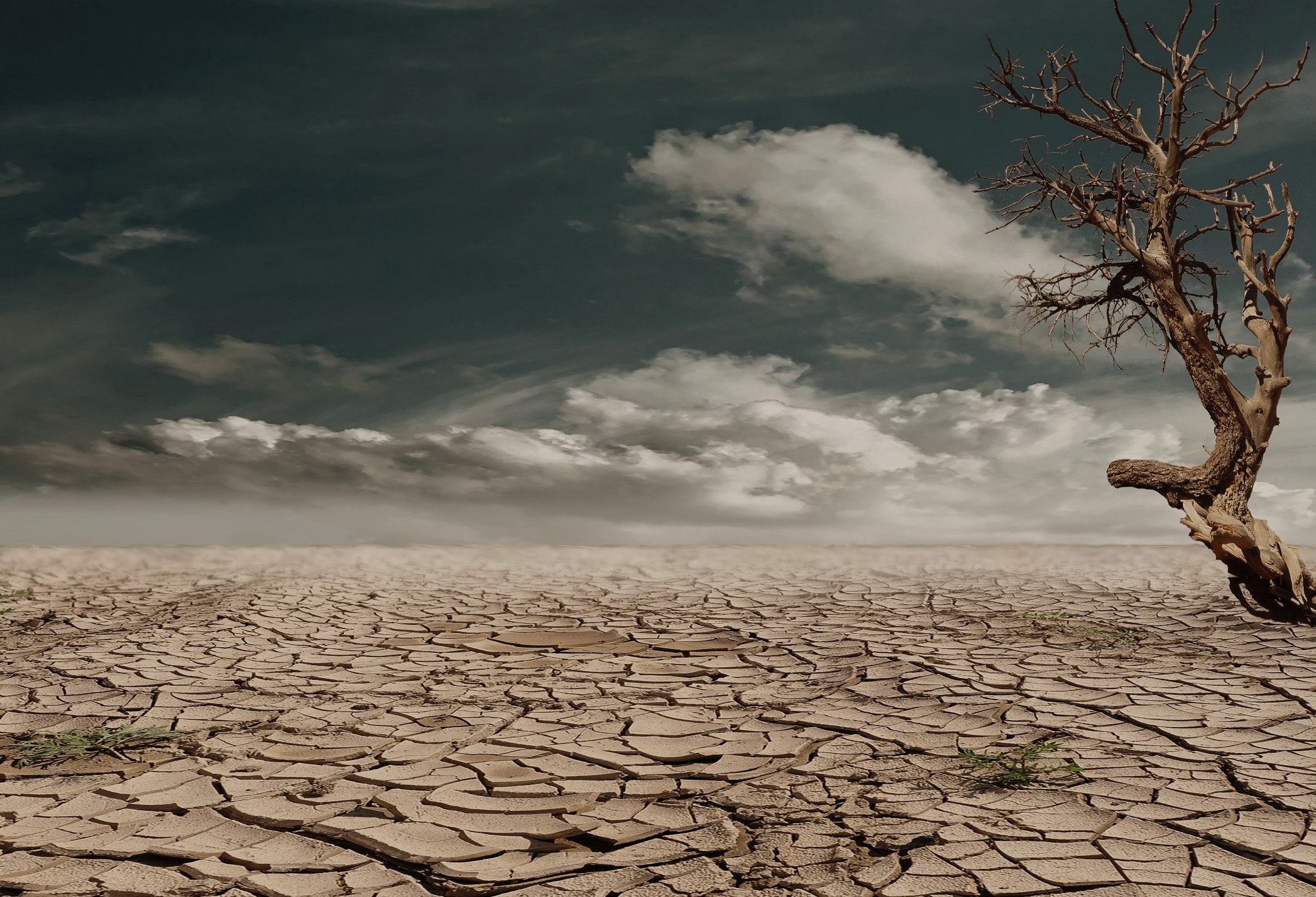Land management has the potential to exacerbate or help tackle the climate crisis through its vital links to carbon emissions and food security, a prestigious intergovernmental report has said.
The latest report from the Intergovernmental Panel on Climate Change (IPCC), which reports on various factors relating to climate change, outlined the catch 22 facing land management, with growing pressure from the need to feed a rising populations, and simultaneous threats to food security caused by extreme weather disrupting food supplies.
The pressure of climate change on land and vegetation reduces its potential to help mitigate the effects, such as through reforesting, and the time taken for trees and soil to store carbon effectively.
Better land management can contribute to tackling climate change but is not the only solution, the report said, adding that reducing greenhouse gas emissions from all sectors is essential if global warming is to be kept to well below two, or even 1.5 degrees.
“There is real potential here through more sustainable land use, reducing over-consumption and waste of food, eliminating the clearing and burning of forests, preventing over-harvesting of fuelwood, and reducing greenhouse gas emissions, thus helping to address land related climate change issues,” said co-chair, Panmao Zhai.

Food choices and diet were also highlighted some of the solutions to, or causes of, climate change. “Some dietary choices require more land and water, and cause more emissions of heat-trapping gases than others,” said another co-chair, Debra Roberts.
“Balanced diets featuring plant-based foods, such as coarse grains, legumes, fruits and vegetables, and animal-sourced food produced sustainably in low greenhouse gas emission systems, present major opportunities for adaptation to and limiting climate change,” she said.
Responding to the report, campaign coordinator at food sustainability alliance Sustain, Vicki Hird, said: “We need rapid and multiple actions as there is no silver bullet, nor ‘one size fits all’, to halt the damage to the land. The IPCC report proposes adopting farming practices that work with nature rather than forcing production with overuse of artificial fertilisers.
“A critical part of the global warming picture is finally emerging through this crucial and detailed report. It makes clear that unless we rapidly change course on land use and farming, alongside reducing fossil fuel use, we will not be able to prevent the climate crisis.”















Great article Nina!